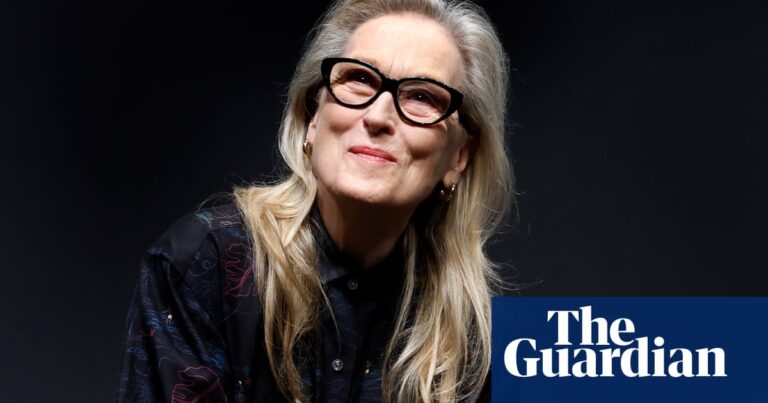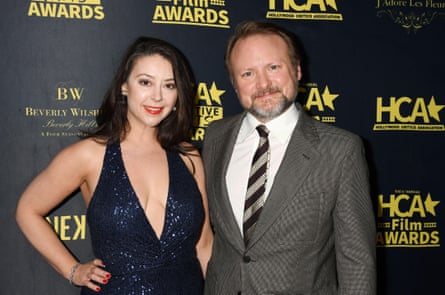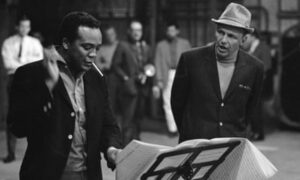
The story of Madonna’s leap to stratospheric celebrity is breathlessly and efficiently retold in this documentary that uses only archive clips and existing audio interview material in the now accepted way. It tracks the period from her tough beginnings as a dancer in late 70s New York to the early 90s days of the Blonde Ambition tour and her once-controversial Mapplethorpe-type book of photos entitled Sex. It’s watchable enough, with some interesting things to say about Madonna’s instinctive knack for appropriating a gay aesthetic and repurposing it for her own heterosexual spectacle, and then repaying the debt by becoming an outspoken advocate for HIV/Aids research.
Yet the film can also feel breezy and glib. There is no mention of Madonna’s appearances in movies such as Desperately Seeking Susan and Dick Tracy or indeed her appearance in David Mamet’s Speed-the-Plow on Broadway – perhaps because these don’t fit the “legendary” format (although Desperately Seeking Susan has its admirers). And there is something exasperating in the way the film won’t reveal the exact dates and provenance of its audio; Madonna will sometimes speak about her past and her family in a British accent, showing that the interview comes from the later era of her marriage to Guy Ritchie, and sometimes her voice will switch back to her native Michigan.
Where this film does succeed is in showing how very ruthless Madonna was in getting to the top. Her sneering detractors unsuccessfully alleged that this was a question of sleeping with powerful men, but this was not the case; it was more an ability to create a continuous miasma of sexual excitement around her career. She started in New York, living with a boyfriend and begging to be allowed to be a drummer in his band, then to be allowed to sing some vocals; she was spotted by a manager whom she permitted to fire the rest of the band in the interests of her solo career – and this manager was, in her turn, fired by Madonna, who was impatient with the Debbie Harry/Pat Benatar mould she was being forced into. She went with Michael Jackson’s manager instead. And her dancing skills and cheerful shamelessness and sexiness made her a natural for the new world of MTV video (a form in which she excelled more than cinema or theatre).
Madonna became very famous, very quickly, and cemented her tabloid status by marrying Sean Penn. But for all the pressure she was under, she always seemed coolly amused, not resentful, at media questioning. Towards the end of the 80s, she sought outrage with anti-Catholic sacrilege – and unlike Sinead O’Connor she could get away with it, perhaps by not seeming to really mean any of it, and moving swiftly on to the next gorgeous audacity.
The film isn’t a bad trip down memory lane, with ripe contributions from Jonathan Ross and a very ungallant Tony Parsons. Perhaps it could have included some pro-Madonna commentary from that rather neglected cultural critic Camille Paglia. There is only one moment where Madonna strikes a false note: at the very beginning she recalls in high school feeling excluded by the “cheerleaders and prom queens”. Hmm. Nowadays so many superstars, Taylor Swift included, like to imply that they were nerdy outsiders in their youth. I suspect that Madonna (like Swift) was always one of the cool kids. Self-reinvention is part of her genius.
Source: theguardian.com



















